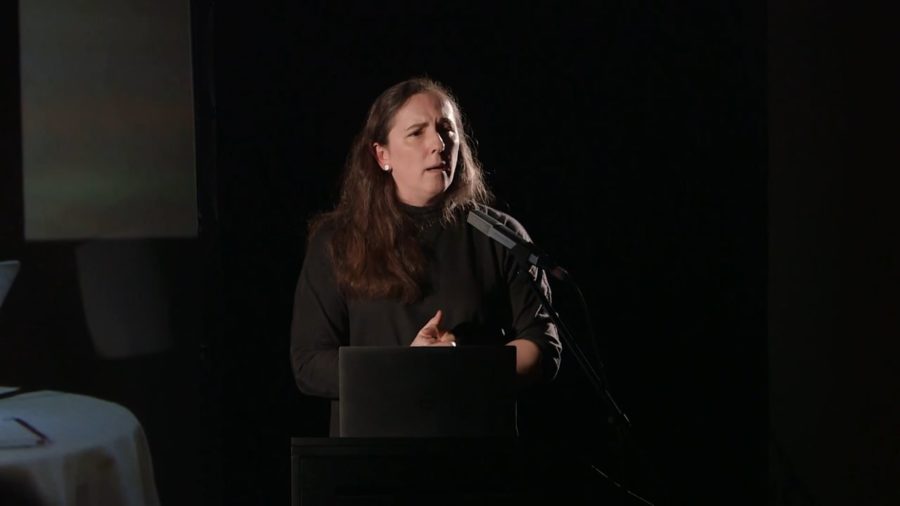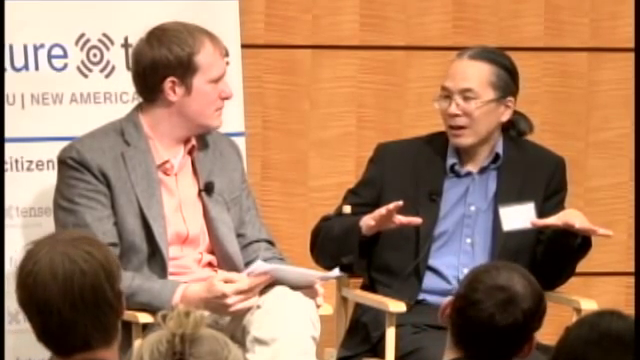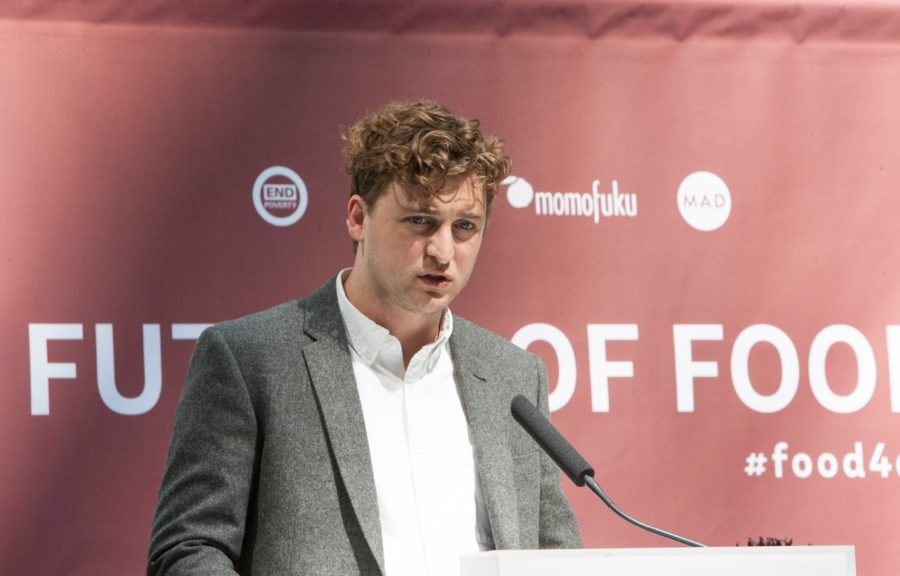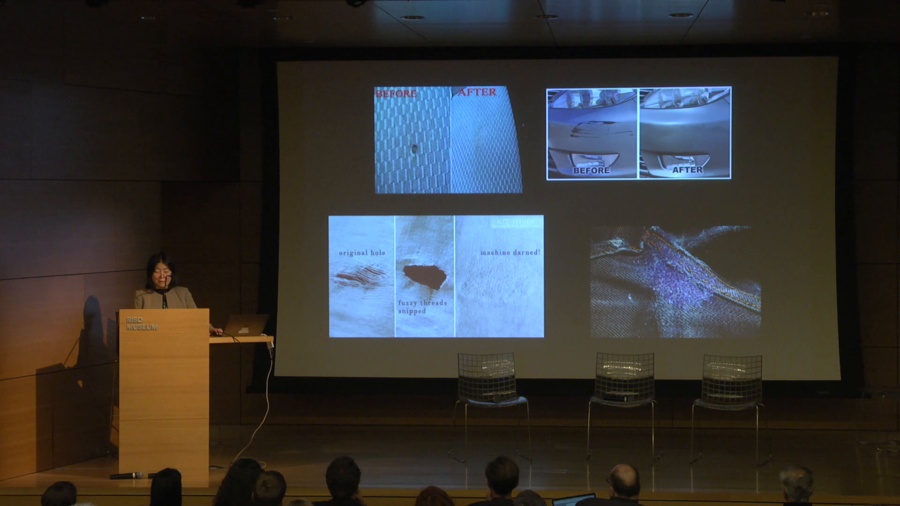It is commonly recognized that artistic strategies are effective in promoting social, political, and religious agendas. What is less recognized is that many decisions and actions we make in our daily life are also guided by aesthetic preferences and judgments. In the United States today unfortunately, the popular aesthetic taste seems to work against the ideals of sustainability and justice proposed by the Green New Deal.
Archive

We have now in twenty years moved half the world’s population, give or take, to one city. And we all live in one city. And we keep walking out into the street and getting pasted by trams. And we don’t even understand what the trams are. We not only do not know how to live together online, we don’t even really understand that it’s a problem.

There’s already a kind of cognitive investment that we make, you know. At a certain point, you have years of your personal history living in somebody’s cloud. And that goes beyond merely being a memory bank, it’s also a cognitive bank in some way.

We’re here today to start a new conversation about the world of chefs and cooks, between the world of chefs and cooks, and you the delegates and influencers and people here at the World Bank. The reason we’re here is to find ways to work together to build a food system that feeds everyone, every day, everywhere.
Some of my artist friends think what I’m doing isn’t art, and I’ve given up on art. It’ll take care of itself. You know. I mean it’s always been there, it will always be there, and we always know that new art never looks like art at first, ever. So why should this be any different? We just have to trust the process. And I would say that must be true for every other discipline.

